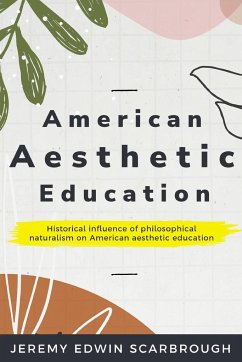There is an observable tension within the field of music education in the U.S., between the aesthetic philosophy of Bennett Reimer-which defines music education as the education of feeling-and the praxial philosophy of David Elliott-which argues that music is best valued amidst the process of becoming a performing musician. While it falls to the efforts of other authors to deliberate between the two camps of aesthetic and praxial tradition-as to whether one is better than the other-the current study assumes aesthetic education to be an endeavor worth careful consideration, but questions whether contemporary definitions of aesthetic value are adequate to speak robustly of aesthetic inquiry. This study is primarily concerned with the definition of aesthetic value as determined by the music education as aesthetic education (MEAE) movement, and the justification of aesthetic education as a universally applicable and comprehensive approach to general music/music appreciation. If aesthetic value is universally significant, then aesthetic education will be warranted. If, however, aesthetic experience has no universal, objective truth to which it may refer, then a skepticism concerning universal aesthetic value will be warranted-and the justification of an aesthetic education as universally applicable will seem unconvincing to many. As the MEAE movement seems to have been largely defined by Bennett Reimer, his philosophy represents the primary position to be assessed herein.







